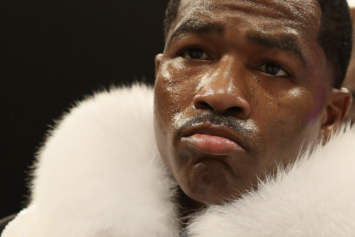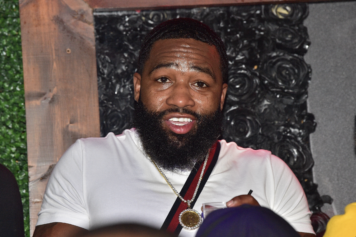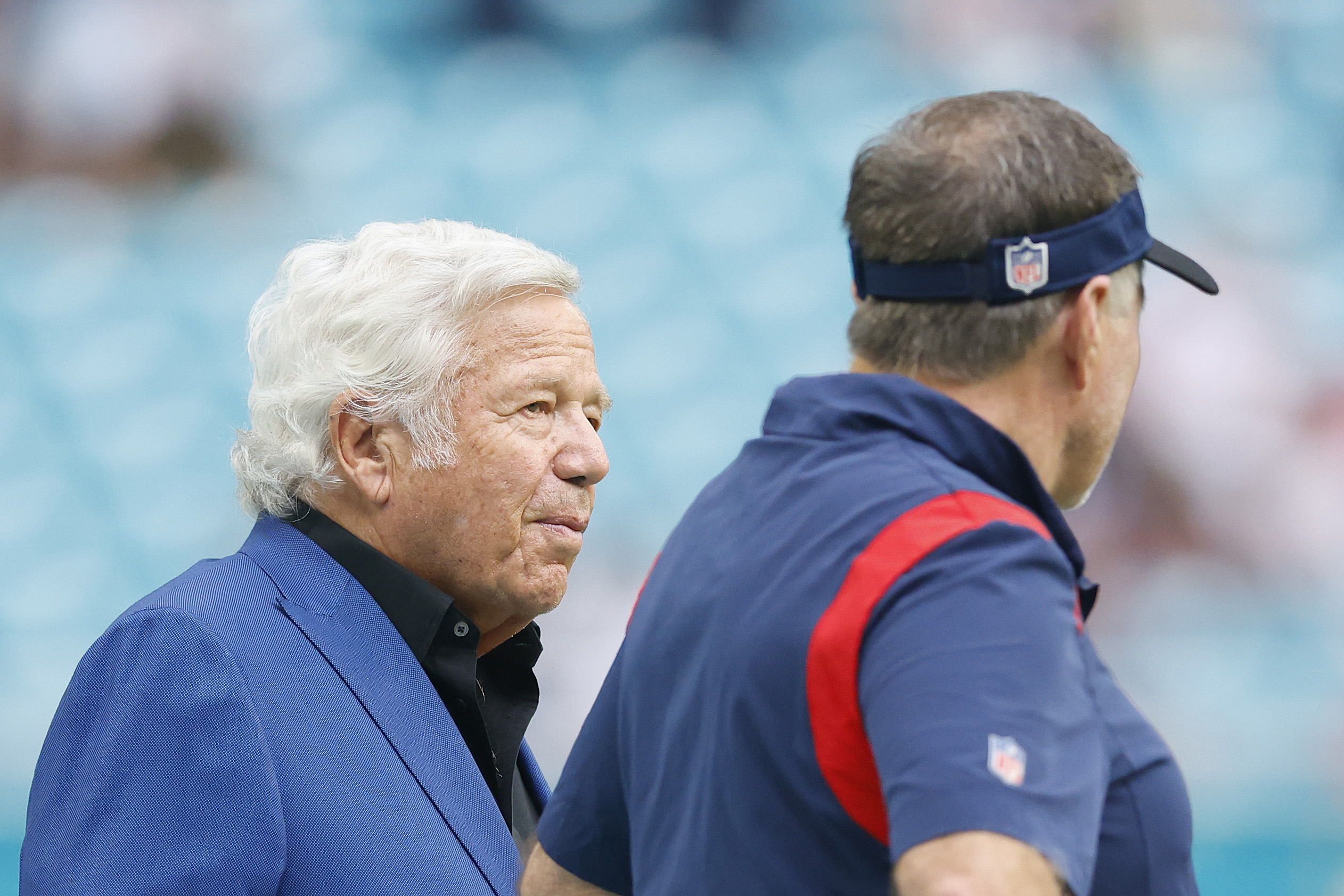There are levels to this, and a question to Adrien Broner about hot sauce exposes combat’s biggest threat – fake news.
Combat sports can feel like a wasteland.
Between bad match-ups, politics, and overhyped bouts, oftentimes the fans have been mistreated. However, the one place where the sanctity of trust should be upheld is in the media pool telling the narratives of the warriors.
More recently, with the proliferation of new media, there has been an influx of fans turned content creators.
Mike Gross on Twitter
Hotsauce question @FranksRedHot @LA_Hot_Sauce @AdrienBroner Which one would you pick? https://t.co/3QlKR2e2At
During an international media conference call for the Manny Pacquiao vs. Adrien Broner fight, a media member posed an unconventional question to Adrien Broner.
“I got a question right off the block, bruh. Why Red Hot hot sauce over Louisiana Hot sauce?”
The question came from Mike Gross, who represented Tha Boxing Voice on the call.
Broner answered simply, “because Red Hot is the shit. Louisiana (Hot Sauce), that’s like picking a Volvo over a Range Rover.”
Dan Rafael on Twitter
Broner was asked about his choice of hot sauce on this call. I’ve been on hundreds of the kinds of calls over the years. First ever hot sauce question asked. SMH. #boxing #PacquiaoBroner
While this might seem trivial, it is important to note that the majority of the media on the global call are from respected news outlets. The opportunity to reach two high-level pugilists directly and receive quotes is hallowed. Anyone who treats it without dignity is scrutinized by both their peers and the publicists.
However, the hot sauce question exposes a larger problem in combat sports coverage – fans masquerading as journalists. A credential to press row, a one-on-one with a champion and general access to a fight promotion is a privilege many will never experience.
Kelly Swanson on Twitter
It’s quite a shame when boxing media members act irresponsibly immature on these conference calls or during fight week for that matter. Show up and be professional, it’s not that hard! #PacquiaoBroner
In fact, the process is one where a relationship is built between the interviewer, the athlete and the athlete’s publicity team to ensure wide visibility and quality content. To quote rapper Meek Mill, there are levels to this. And like the fighters themselves, there are amateur ranks and professional in the media business.
The Digital Journalism Anointment
As a result of YouTube and the podcast revolution, anyone can purchase a digital camera anointing themselves a journalist. There is a line between conversing with a high-level athlete and representing an audience’s interests.
It is appalling how the blog world has converged into the real news cycle. Often behind the scenes at high-level combat sporting events, people with very tiny cameras bombard an unsuspecting fighter with the tea.
The cameraman then runs back to his seat in press row, pops in the memory card and uploads the instigation campaign onto the web. Before the night is over, two athletes become bitter rivals and a confrontation might ensue.
SHOWTIME Boxing on Twitter
@danrafaelespn https://t.co/BlW4lRyWnx
In this homogenized culture of salaciousness posing as the media, we must always remember that yellow journalism is nothing new. Digital distribution has thrown open the floodgates for fans to get closer to their idols.
The two biggest losers from the trend are the athletes and the fans. When fans see click bait instead of news and athletes feel used, you have an egregious erosion of trust.
The question is simply, how do you put the genie back in the bottle now that anyone can get a rub?



